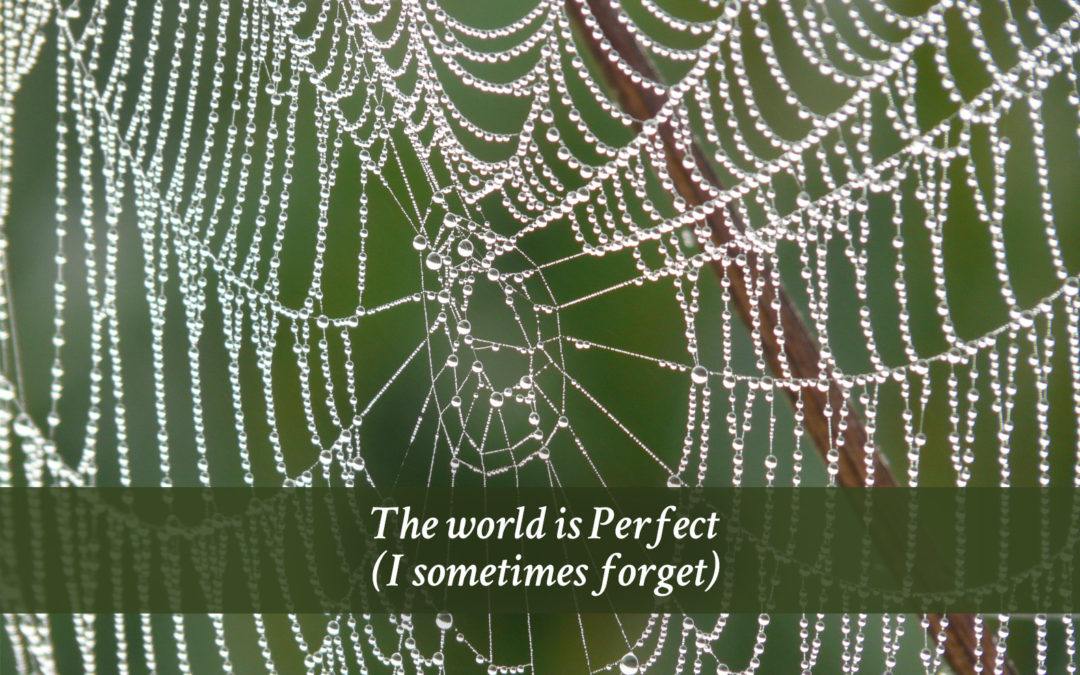
Embodied Wisdom
Embodied Wisdom
I notice my body’s ability to move after the initial shock.
I shift to fill in the space of the surprise,
I flow into the uncertainty.
Internal wisdom in moments of uncontrol.
-Jane Tornatore

Embodied Wisdom
I notice my body’s ability to move after the initial shock.
I shift to fill in the space of the surprise,
I flow into the uncertainty.
Internal wisdom in moments of uncontrol.
-Jane Tornatore

– Albert Einstein

No kidding. It doesn’t do what you think it does.
Let me be clear—when you make a mistake and hurt someone or inconvenience them—apologize. Mistakes happen, and it is important to tell the person you distressed that you understand your actions affect them. I’m all for apologies in that case. Taking responsibility for how our actions affect others is important.
Here is where sorry is not helpful—when you make a choice you know will not please someone else and you apologize, hoping they will make you feel better about your choice.
When you say sorry in that case you likely have an agenda.
You are either:
These agendas may be unconscious. They are still agendas.
It is irritating to have someone inconvenience you, and then be asked to reassure them either by not reacting or by making them feel better.
What is the alternative? Take responsibility for your choices. You made a choice someone else didn’t like. Own your choice.
Here is a common example. Most of us apologize for being late.
Most of us (including me at times) say, “I’m sorry I’m late. Traffic was awful” or “I hit every red light” or, my favorite excuse in Seattle in the summer, “the bridge was up.” Really? Did lights suddenly appear on the route? Are we really surprised that traffic exists? Did I forget that people boat in the summer?
It would be more honest to say, “I didn’t leave on time.”
When we say that, we take ownership. We admit we chose to make our time more important than theirs. We don’t ask the other person to excuse us for our choice to not leave earlier.
I usually leave to go somewhere allowing the amount of time it takes when there is no traffic. Usually it works out, but I live in Seattle; we have awful traffic. I’m late sometimes. I do my best to own it. If people are mad I let them be angry. They get to have their reactions. If they get angry, you can bet I’m going to leave a cushion of time for our next meeting.
Along with taking responsibility for your choices, it is helpful to be honest about your reactions. That way the other person will know the consequences of their choices.
If someone apologizes to me, especially if they have done an action repeatedly, I say, “Don’t apologize, you made your choice,” or “No need to apologize.” If I am angry I will tell them—not to have them make me feel better, but to let them know how I really feel.
When people keep apologizing it just pisses me off. Really? You just inconvenienced me, and now you want me to not experience what I feel? (A good rule of thumb: It is not helpful to tell people not to feel what they feel.)
So I say, “I’m angry. I don’t need you to make me feel better. I’m just angry that I waited for you.” I don’t try to hide my irritation or anger, at least as much as possible. It is hard to have someone be uncomfortable with my feelings. It has taken a lot of practice, and sitting in discomfort, for me to be able to let people know when I am angry.
For some, not asking for forgiveness and letting people know how you really feel will be a radical practice. Some of you won’t like it and will feel it is not nice. For some of you, it will be a relief to be more honest. I suggest you try taking more responsibility and be more honest with your feelings, and notice what you experience.
The beauty is you get to choose what you do.
Take care,
Jane

I just had what could have been a very painful conversation with a good friend of mine. It could have been, but it wasn’t. At one point she stopped and said, “This is going a LOT better than I expected.” I wholeheartedly, and with no small amount of relief, agreed.
I was pondering why it went so well.
It was a superstar of a conversation because of these elements we both contributed to our discussion. Read below for 7 tips to effectively resolve conflict.
1. Do your best to avoid saying “you” as in “you are the problem”
We both used “I statements.” I statements are when you say what you are feeling because of the situation. Here is an example: “I am feeling angry because I don’t feel heard sometimes.”
Here is what NOT to say: “You make me so angry when you purposefully ignore me!”
Here is the secret of I statements. When humans hear the word “you” they start defending themselves, even if they don’t know what they need to defend against.
Think about it, when someone says to you, “When you…” your brain immediately starts coming up with reasons you didn’t do anything wrong. You don’t even need to know what the other person thinks you did “wrong.”
As soon as you use the word “you” when complaining, the other person immediately becomes less available to what you are saying. So whenever possible use “I” in your communication.
2. Say what you are feeling, not that they are creating your feeling in you.
Consider these two ways of saying the same thing: 1) “I am angry because we are leaving late for the airport and I had asked that we be ready to leave 15 minutes ago” and, 2) You make me so angry when you continually ignore the fact that I get anxious when we don’t have plenty of time at the airport.” It is much harder for someone to sound reasonable if they say, “you shouldn’t be angry” than if they say, “You shouldn’t let that obviously tiny, inconsequential thing I did bother you.” If you focus on the feeling rather than the action, you will get more to the root of what is going on, rather than the surface irritant. In the example above, the root is not feeling listened to, not the airport leaving time.
3. Don’t create motivations or feelings for the other person’s behavior.
There are two problems with telling the other person what their motive is: 1) They can argue with you about what their motive is vs focusing on what you want to change; and 2) you are very possibly wrong. I know, that seems completely unbelievable when you think you have been wronged. When we feel we have been wronged, our ego does a lovely job at convincing us our interpretation of events is the only possible interpretation. And…you are still possibly wrong.
4. Remain curious.
I can’t emphasize this enough. I’m not sure why, but it is impossible to be curious and judgmental at the same time. We can’t be curious about what the other person is thinking and feeling and think they are a moron. Really listen to the other person. Try to see the situation from their perspective, not just how their words do/do not fit into your own narrative.
When I aired my complaints to my friend, she said, “I’m curious, are you talking about the present or last year?” She didn’t say, “I haven’t done that since last year, aren’t you paying attention (you moron)!”
5. Be compassionate.
This fits in with seeing it from their perspective, but it goes deeper. The perspective shift is almost an intellectual process, whereas being compassionate or having empathy is more rooted in feeling. Both can be helpful. Compassion opens our heart. A closed heart makes for a good you-versus-me fight. Sometimes I rest my hand on my heart to help me remember to keep my heart open.
6. Stay focused on the topic instead of creating an everything-and-the-kitchen-sink argument.
This type of argument is when we bring in all the problems we have every had with the other person. This is a favorite tactic to make ourselves look more wronged and better than the other person. (You may not think you are doing this but notice how you feel when you are listing everything the other person has done wrong.) We cannot solve everything and the kitchen sink in one conversation. We can make progress on a single issue.
7. In the beginning, at the end, and (if you can) during the conversation, tell the person what you appreciate about them.
As I was talking with my friend, I was telling her what I have appreciated about her throughout our friendship. As I was telling her, I felt my heart open, and she also felt my love for her. You can bet both of us became less tense and more gentle because of that.
These tips work for me. Try them and see if your next fight becomes a discussion that clears the air and draws you closer. It is possible to leave the conversation feeling more intimate rather than angrier and more distant.
That’s what you really want when you start the conversation, right?
Take care,
Jane

I’m a recovering perfectionist, you see. So sometimes I forget the world is perfect.
Yesterday was one of those days. It was a day off and I bumbled about the city, struck by how many times people “made mistakes”: not noticing others, forgetting, feeling slighted (and that was just me.)
For some reason, the imperfection got into my skin—I pondered it all day, including into when I wanted to be sleeping. (You can bet your boots I thought about the imperfection of the unanswered need for sleep.)
This morning I read a poem from “Why I Wake Early.”
“I would like to wrote a poem about the world that has in it
nothing fancy.
But it seems impossible.
Whatever the subject, the morning sun
glimmers it.
The tulip feels the heat and flaps its petals open
and becomes a star.
The ants bore into the peony bud and there is the dark
pinprick will of sweetness.
As for the stones on the beach, forget it.
Each one could be set in gold.
So I tried with my eyes shut, but of course the birds
were singing.
And the aspen trees were shaking the sweetest music
out of their leaves.
And that was followed by, guess what, a momentous and
beautiful silence
as comes to all of us, in little earfuls, if we’re not too
hurried to hear it.
As for spiders, how the dew hangs in their webs
even if they say nothing, or seem to say nothing.
So fancy is the world, who knows, maybe they sing.
So fancy is the world, who knows, maybe the stars sing too,
and the ants, and the peonies, and the warm stones,
so happy to be where they are, on the beach, instead of being
locked up in gold.” ~Mary Oliver
And I cried.
I cried at the beauty of the world and the beings in it. I cried because I sometimes forget I am one of those perfect beings.